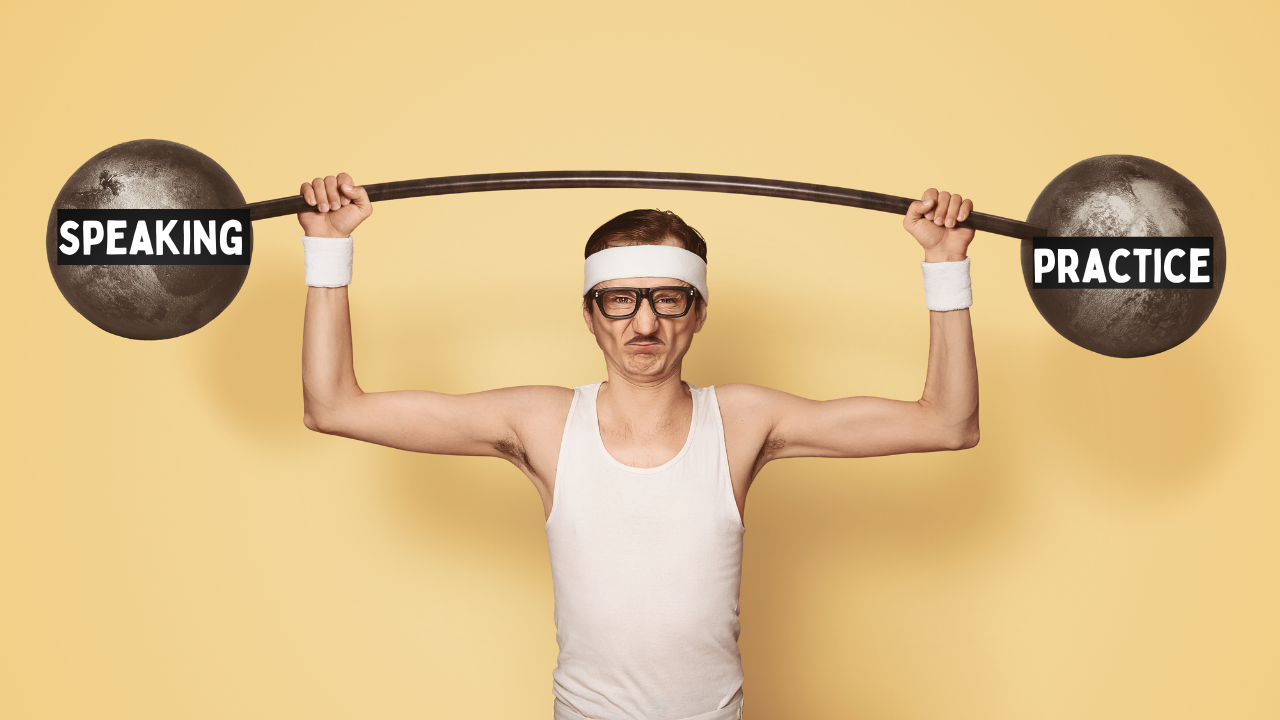Why British People Are So Bloody Hard to Understand

Have you ever felt like British people are speaking a completely different language... even though you’ve studied English for years? You’re not alone. Many English learners struggle to understand British speakers, even when they feel confident in their listening skills. The reason? British people don’t speak like textbooks.
In this article, we’ll break down why British English can be so difficult to understand and how you can fix it so that you can follow conversations more easily and feel confident speaking with native Brits.
Watch The Video:
Why British People Are Hard to Understand
1. British People Don’t Speak Like Textbooks
If you’ve learned English in a classroom, chances are you’ve been exposed to clear, formal English—the kind found in grammar books and listening exercises. But real-life conversations in the UK are much different.
For example, instead of saying:
-
"How are you?"
A Brit might say: "Alright, mate?" or "You good?"
Or instead of:
-
"I am very tired."
You might hear: "I’m knackered."
This difference between formal English and real-life spoken English is one of the biggest challenges learners face.
2. Fast, Connected Speech
Native speakers don’t pronounce every word separately. Instead, they link words together, shorten them, and even drop sounds entirely.
For example:
-
"What are you doing?" → "Wotcha doin’?"
-
"I don’t know." → "Dunno."
-
"Did you eat yet?" → "D’you eat yet?"
These small changes make British speech sound faster and harder to catch, especially if you’re used to hearing slower, more articulated English.
3. Everyday Slang & Idioms
British English is full of slang and idioms that don’t always make sense if you translate them directly.
For example:
-
"I was gutted." → "I was really disappointed."
-
"That’s bang out of order." → "That’s completely unfair."
-
"Fancy a cuppa?" → "Would you like a cup of tea?"
If you don’t know these expressions, you might feel lost in conversations—even if you understand the grammar and vocabulary being used.
4. Different Regional Accents
The UK has many different accents and dialects, from Cockney in London to Scouse in Liverpool and Geordie in Newcastle. These accents can sound very different from standard British English.
For example, in some accents:
-
"Can’t" sounds like "cahn’t" or "carn’t."
-
"Butter" is pronounced like "bu’uh" (with a glottal stop instead of a "t").
Even within the UK, some British people struggle to understand different regional accents. If you’re learning English, these variations can be confusing at first.
How to Fix It & Understand British People More Easily
1. Learn Common British Expressions
The more familiar you are with everyday phrases, the easier it will be to follow conversations.
📌 Start with the most common expressions.
-
"No worries!" = It’s okay, no problem.
-
"That’s brilliant!" = That’s amazing!
-
"I’m skint." = I have no money.
2. Train Your Ear for Fast, Connected Speech
Listening to real British speech regularly will help you get used to the way words blend together.
✅ Watch British TV shows (Peaky Blinders, The Inbetweeners, Coronation Street)
✅ Listen to British podcasts or YouTube videos
✅ Try shadowing (repeating what you hear) to improve your listening skills
3. Focus on Understanding First, Speaking Later
Don’t worry about speaking perfectly at first. Your main goal is to understand how native speakers actually talk.
🔥 Try this:
-
Listen to a short British conversation
-
Write down the key phrases you hear
-
Practice saying them out loud
This will help you develop listening fluency, which will make speaking easier over time.
Start Making Real Progress And Communicate More Confidently Today

Download your FREE BritSpeak Roadmap and start building fluency and confidence in English. It will help you...
- Understand what skills you need to work on next
- Make a plan for how to work on those skills
- Learn the best way to make progress quickly
Enter your details below to get the Roadmap for FREE.
You will also be added to the mailing list. You can unsubscribe at any time. I will never spam you or sell your details.






